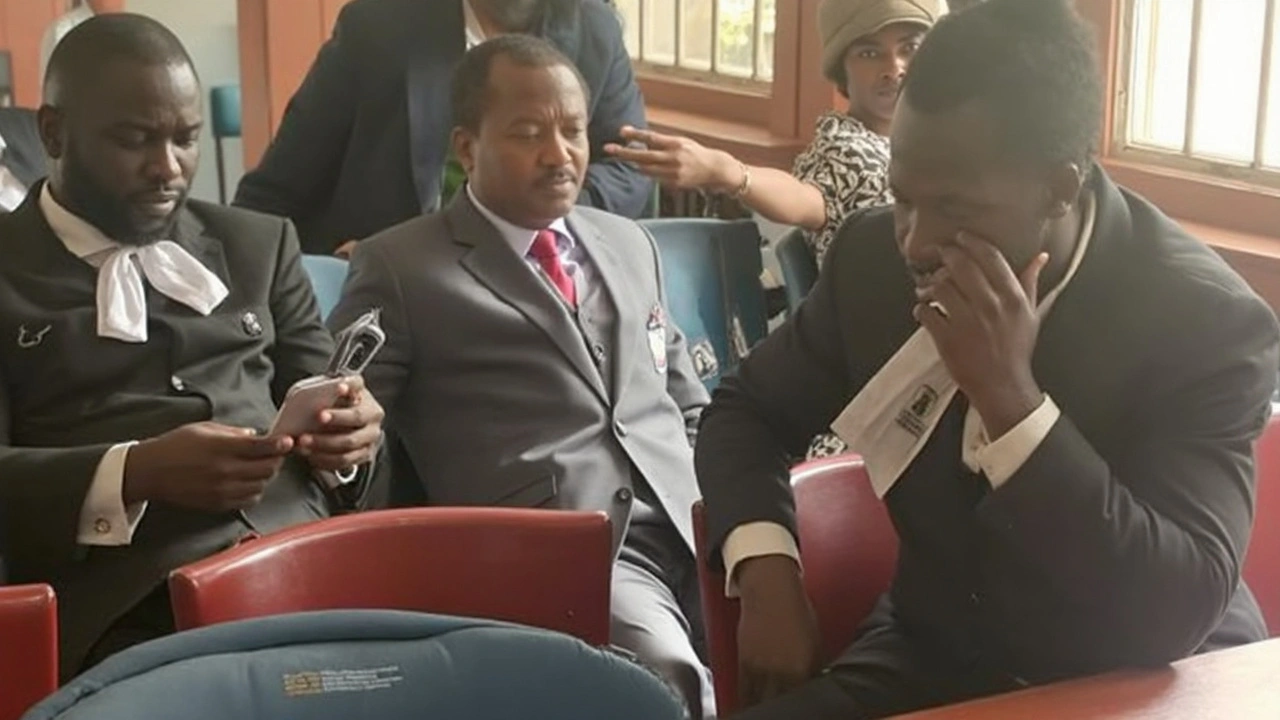Property forfeiture happens when the government takes ownership of assets linked to illegal activities. This legal action targets things like cash, houses, cars, or other valuables believed to be connected to crimes such as drug trafficking or fraud. But how does this process unfold, and what should you expect if you face it?
Typically, property forfeiture requires the authorities to prove that the asset was involved in wrongdoing. It doesn't always mean the owner personally committed a crime, but if an asset is tied to criminal acts, it could be seized. The government aims to disrupt illegal operations and discourage crime by taking away these resources.
First, law enforcement identifies the property linked to a crime. Then they file a claim to seize it, often freezing the asset until court decisions are made. Owners may receive notices explaining the case and have opportunities to challenge the forfeiture in court. Legal battles can be complex, so consulting with a lawyer is a must if your property is involved.
It's important to know that sometimes property can be recovered if the owner proves they acquired it legally or weren't involved in criminal acts. However, deadlines and paperwork matter a lot, so acting fast is key. Understanding your rights and the rules in your country can change the outcome.
Many people argue that property forfeiture can lead to unfair situations. Critics say it sometimes punishes innocent owners who had no clue about illegal use of their property. Others worry it gives excessive power to authorities without enough checks. Because of these concerns, some places have changed laws to protect owners better, requiring stronger proof and clearer procedures.
Knowing how property forfeiture works helps you stay prepared. Whether you’re a property owner, investor, or just curious, these insights shed light on a serious area of law that affects many lives. Stay informed, and don’t hesitate to seek expert help if you ever find yourself involved in a forfeiture case.
Posted by
Siseko Tapile
13 Comments

An Abuja court has thrown out Godwin Emefiele’s attempt to reverse the forfeiture of 753 duplexes in the capital, siding with the EFCC and dismissing claims of unfair notice and procedural abuse. The ex-CBN governor now appeals, arguing his rights were violated during the process.
read more